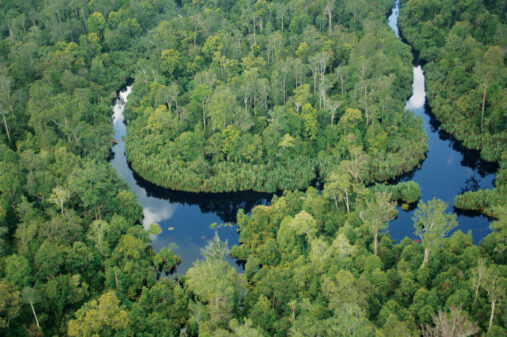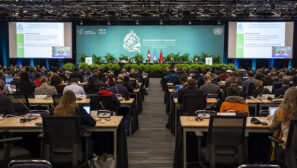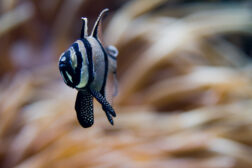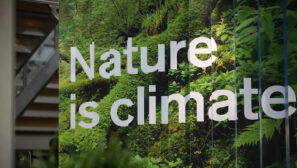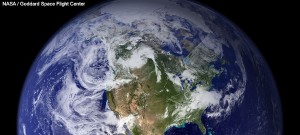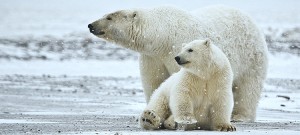Nature
Indonesia falls short on peatland restoration, risking destructive fire season
Data from the Indonesian government suggests efforts to restore peatlands, a key part of the country’s climate strategy, do not match government claims.
Amazon nations fail to agree on deforestation goal at summit
Eight South American nations agreed on a list of joint actions to protect the Amazon rainforest, but failed to mention a long-awaited target to halt deforestation.
Breakthrough for nature protection – Climate Weekly
Sign up to get our weekly newsletter straight to your inbox, plus breaking news, investigations and extra bulletins from key events
Governments split on ditching nature-harming subsidies in Montreal
Negotiators at the Cop15 biodiversity summit in Montreal have until Friday to agree a “nature pact” that can get rid of harmful subsidies
UN nature pact nears its ‘Copenhagen or Paris’ moment
Cop15 biodiversity negotiations in Montreal next month will determine how the world halts and reverses nature loss
Odd couple bungle nature talks – Climate Weekly
Sign up to get our weekly newsletter straight to your inbox, plus breaking news, investigations and extra bulletins from key events
‘Nature-based solutions’ prove divisive at Glasgow climate talks
While advocates want to link the climate and biodiversity agendas, critics say nature should not be commodified and human rights safeguards are needed
Economists defend estimates of climate cost
NEWS: Putting price tag on climate change is key in spurring politicians into action, say economists, lawyers and scientists
Climate change will make fish smaller, warns report
Study finds aquatic species could shrink 10 times more than land-dwellers, as they adapt to a warming world.
World’s coral reefs at risk from warming waters
New study published in Nature Climate Change says a combination of warming temperatures and ocean acidification is putting nearly all of the world’s coral reefs under threat.
Amazon deforestation could reduce tropical rainfall and affect Brazil’s hydro plans
Deforestation of tropical forests could significantly reduced rainfall, having negative impacts for people living in tropical regions, according to research published in Nature.
Rapid warming in the Antarctic could destabilise thousand year old ice shelves, say scientists
Scientists find rapid warming over last 50-100 years contributed to the collapse of ice shelves witnessed over last 20 years, warning of more occurrences with future warming.
New Ocean Health Index shows “room for improvement”
New index aimed at scoring every coastal nation in the world on their contribution to the health of oceans finds a global average of 60 out of 100.
Oceans, forests and ecosystems continue to soak up rising man-made carbon emissions, for now, say scientists
New research shows that while a slow down of carbon absorption of the planet’s ecosystems is projected, today they continue to keep up with the rising levels of emissions being released into the atmosphere.
Circular economy #1: Why pollution, resource depletion and climate change tell us it’s time to ditch our linear vision of growth
In the first of a three-part series on RTCC, we explore what is meant by the circular economy and outline the concept’s five key principles
Ocean warming a largely man-made phenomena, say researchers
New research finds that the warming of ocean temperatures over the last 50 years has been largely due to man-made greenhouse gases.
Has climate change been the death of environmentalism?
The latest Earth Summit provides us with another chance to reflect on the state of the planet, but will it offer an opportunity to reintroduce nature to the heart of the environmental debate?
Plants flowering faster because of climate change
New research published on Nature warns that plants flowering faster from climate change could have devastating implication for ecosystems.
“Significant Challenges” for life in the Arctic Ocean, says report
Unique all-season report finds risk to biodiversity in the Arctic Ocean and points towards “significant challenges” faced by the region’s nature. Meanwhile another study finds some species could still thrive in the Arctic.
Polar bears need longer to adapt to climate change, say researchers
New research has found the polar bear to be much older than originally thought, showing it adapted much less rapidly to harsh conditions of the Arctic. Researchers say this questions its ability to adapt to current climate change.
